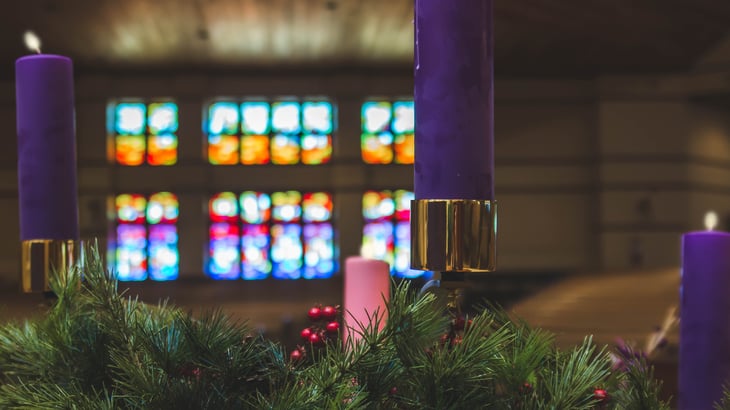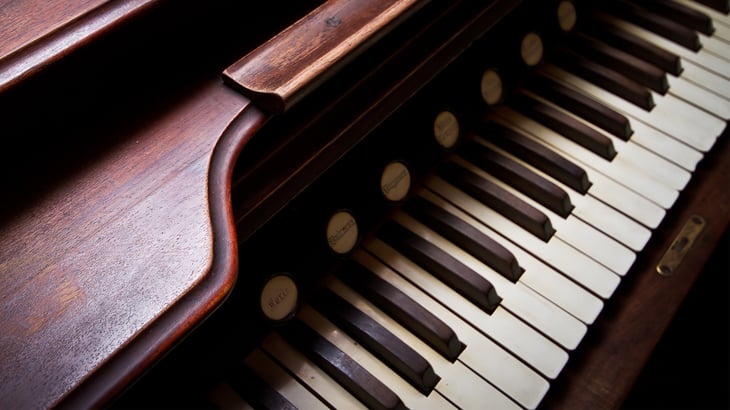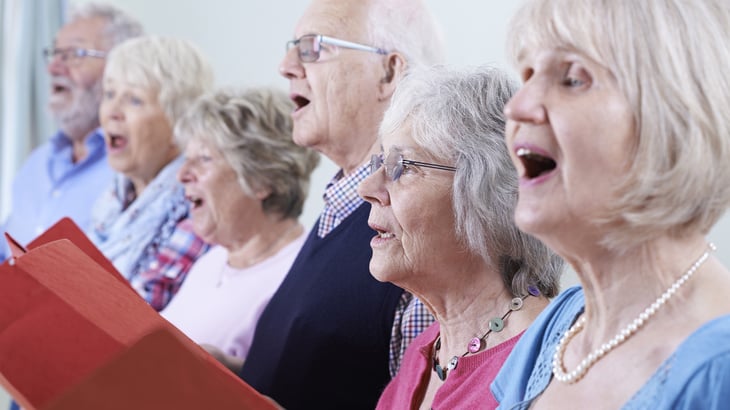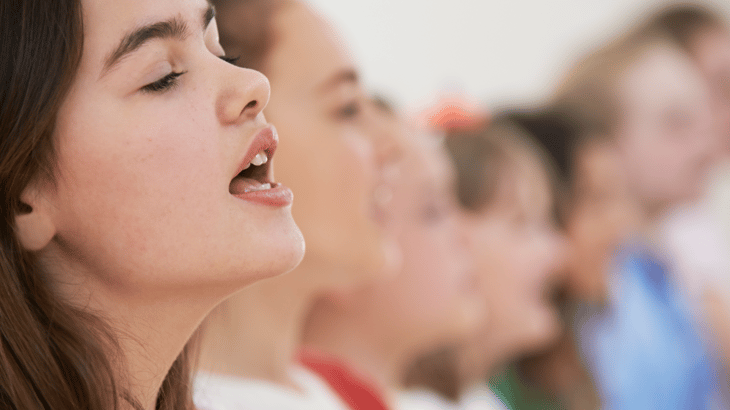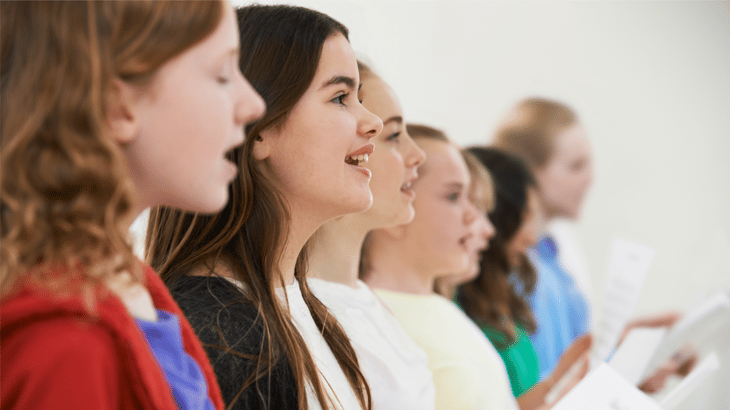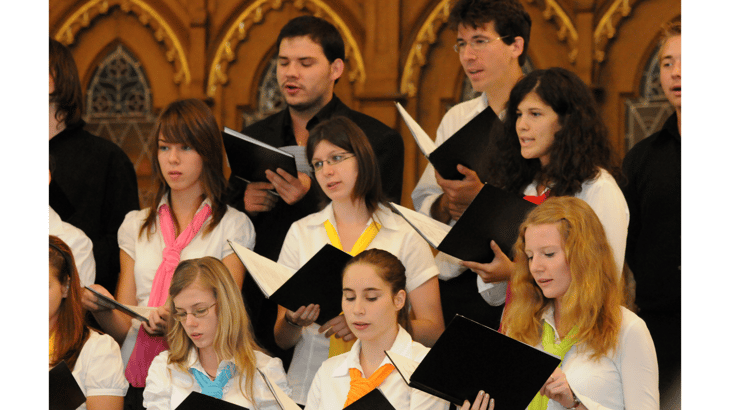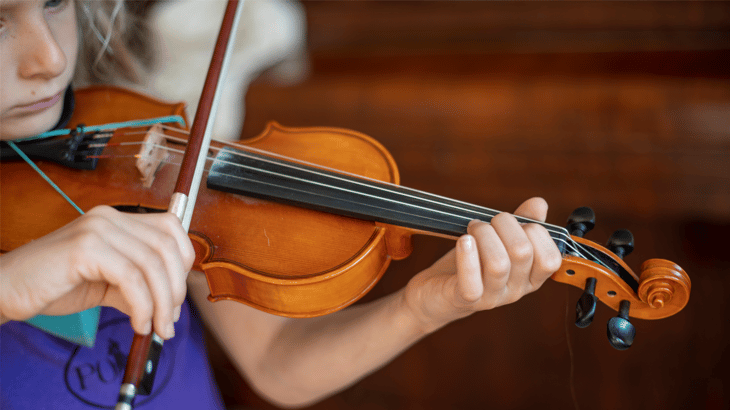Recent Posts by Marie Greenway
Rejoicing While Waiting for Jesus
“Come, Lord Jesus!” (Revelation 22:20)
Our Church Year begins with Holy Scripture’s conclusion. The Church’s celebration of the Saints Triumphant and its recognition of Christ’s second coming in the end times smoothly leads us to Advent, the time of waiting for our Savior’s coming—past, present, and future—and the time of repentance in anticipation of His coming.
The Musical Heritage of the Lutheran Church
With the celebration of the Reformation rapidly approaching at the end of October, I have been contemplating and admiring the role of music in the Lutheran Church. Music played a significant role in spreading Reformation theology, and it continues to be a strength of our Church today.
Using Hymns to Learn or Improve Improvisation
I had little to no training in improvisation in my music lessons growing up. This lack of training combined with a predisposition to enjoy sight reading led me to avoid improvising at all costs—participating in jazz band always made me a little nervous.
Strengthening Our Singing Voice
The people of God sing throughout the Bible. The Israelites sang when they were delivered from the Egyptians (see Exodus 15). The women of Israel sang when Saul and his army—including David, who famously slew Goliath—came back from defeating the Philistines (see 1 Samuel 18:6–7). Singers were appointed in the house of the Lord in both the tabernacle and the temple. Jesus and His disciples sang a hymn after the Last Supper in the Upper Room (see Matthew 26:30). Not to mention all the instances of calls to sing in the Book of Psalms!
Music and Language Drawing Us to the Lord’s Supper
My husband and I recently received a little toy piano for our daughter. It is the perfect size for her. She sits on the floor and bangs the keys with her little fists, squealing in delight as the acoustic piano plinks out various clashing chords.
Congregational Singing and the Body of Christ
“Now you are the body of Christ and individually members of it,” Paul writes in his first Letter to the Corinthians (1 Corinthians 12:27).
Why We Should Sing Children’s Hymns
The best things in life can be enjoyed by children and adults. This especially includes the music of the Church—specifically, the hymns we sing.
Fasting and Feasting on Music
I still remember my first Easter at my current church. In the lead up to that glorious day, we stopped singing the Gloria in Excelsis for Lent. As we drew closer to Good Friday, we stopped singing even more of the songs in the liturgy. Then, on Easter Sunday, after the pastor chanted “Glory be to God on high,” the entire congregation burst forth with “and on earth peace, goodwill toward men” like the music of the angels accompanied by an organ. The return of the Gloria provided great joy that Easter Sunday.
Ceremony in the Divine Service
“I was raised Catholic, but, I dunno. Mass is just … well, it’s so much ceremony.”
This was overheard at a recent get-together. You may have heard a similar sentiment directed at the Lutheran Divine Service and its faithful use of liturgy. It seems that ceremony can be a bit of a deterrent to some, especially in our casual culture. But I would argue that it is the very ceremony of the Divine Service that beckons and invites those outside the Church in.
Music Education and Child Development
The ancient Greeks recognized the importance of music as part of a complete education. In the Greek gymnasiums of ancient times, men sought physical fitness through training, but education in music was also essential. Greek philosophers argued that music was important because it refined the mind. Gymnastics (or physical training) and music together completed a man’s education.

